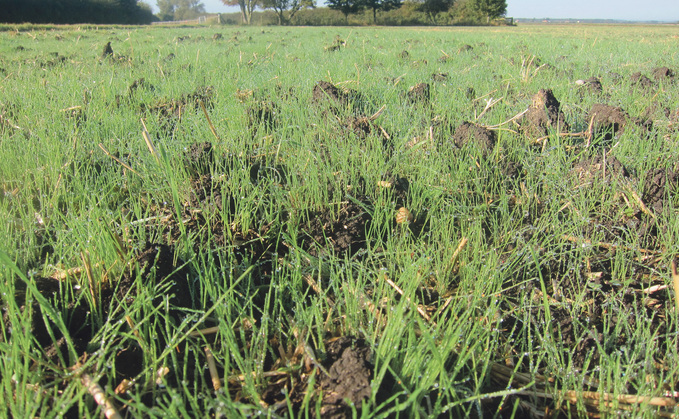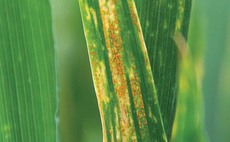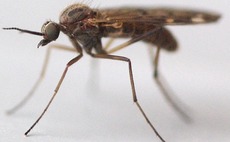
Black-grass has been successful owing to its resistance to multiple herbicides
Hopes of solving the problem of black-grass have been given a boost thanks to new research into the weed's DNA.
Black-grass is a particularly persistent weed that blights Western European winter wheat. Its prevalence is mainly down to its resistance to widespread multiple-herbicides.
However, a new study has claimed to have found the source of its success which could in turn lead to farmers being able to tackle the problem more conclusively.
The research collated by scientists from Rothamsted in collaboration with researchers at Clemson University in the US, has revealed that black-grass has small loops of DNA that are outside the plant's chromosomes. These loops, called extra-chromosomal circular DNA (eccDNA), are not inherited in the same way that the chromosomes are.
According to the team, the loops evolve separately from the main genetic structures in the cell nucleus and could help explain how black-grass can rapidly develop resistance to herbicides or other stresses.
Sequencing
Rothamsted's Dr Dana MacGregor, who was part of the study team, said technological developments had led to a greater understanding of eccDNA.
Dr MacGregor said: "Because of advances in sequencing, we are now finding eccDNAs in many different species and are starting to understand what they do. Our findings show that black-grass has eccDNAs, and on them are copies of chromosomal genes we know to be correlated with herbicide resistance."
The research team identified the similarities and differences in the eccDNA in both resistant and sensitive populations. Although the numbers and size of detected eccDNAs varied between the populations, comparisons managed to identify shared and unique coding content, predicted genes, and functional protein domains.
Compared to black-grass that are herbicide sensitive, the eccDNA of herbicide-resistant black-grass have extra copies of genes known to confer herbicide resistance, including genes related to herbicide detoxification.
Previous analysis of resistant and non-resistant varieties had clearly shown that resistance develops across multiple genes, but until now the mechanisms of how black-grass could rapidly evolve these differences have been hard to pin down.
"Having these eccDNAs may contribute to the genetic diversity we see in black-grass and explain how it has so successfully adapted to man-made and abiotic stresses, including herbicide treatment," Dr MacGregor added.
See also: New project aims to alternative weed control approaches




























